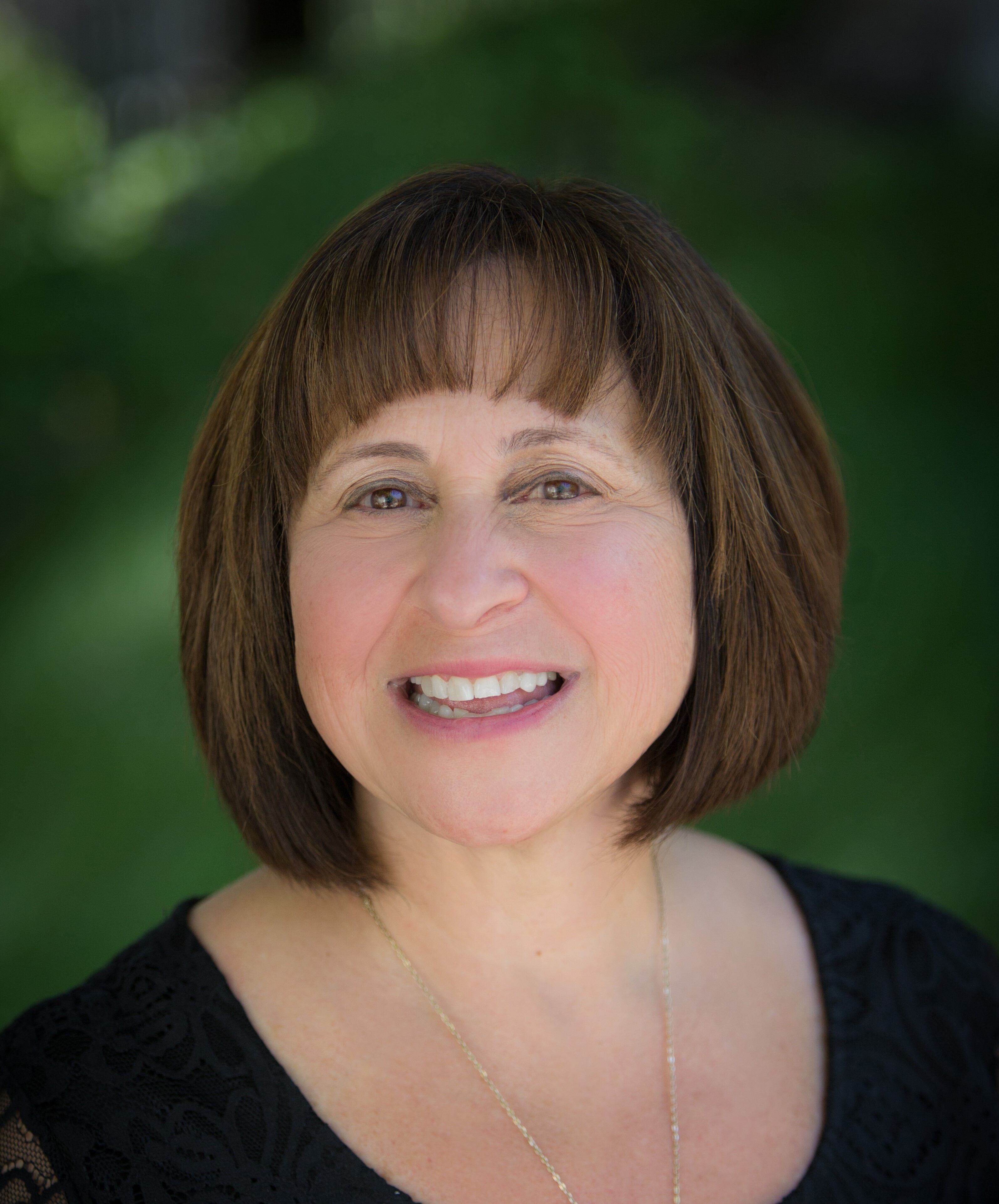An Israeli soldier is killed in service to the country. A young woman is murdered in a terrorist attack.
Tens of thousands of men, women and children have been killed in terrorist attacks in the Land of Israel since 1860, the year that the first Jewish settlers left the secure walls of Jerusalem to build new Jewish neighborhoods. For Israel, Remembrance Day, Yom HaZikaron, which is commemorated this week, is a day of collective and personal anguish mingled with honor for those whose lives have been taken.
For thousands of years, we Jews prayed for a return to Jerusalem. We prayed that one day we would return to the land and dreamed of the fulfillment of this dream. And, while there is still so much to do to bring the vision of the dream together with the reality, this day is about remembering and honoring all those who have lost their lives in the pursuit of that endeavor. Virtually everyone in Israel has a connection to someone whose life was lost, so this memory is real and it is personal. The telling of our personal and collective story is shaped by memory; transformed through commemoration; and, over time, shared in celebration. Thursday of this week, we will celebrate Yom Ha’atzmaut, Israel’s Independence Day.
On that day, we celebrate Israel’s freedom and the move towards independent Jewish sovereignty. Before the celebration, however, we pause, on the day prior, to mourn for those who have been caught in the struggle for that independence.
The Talmud tells us that each person represents a world – a world of potential progeny, a
world of creativity, a world of love. And so, we remember. Memorial ceremonies, some with
Subscribe to our email list
candle lighting, are held in schools, workplaces, and at the Western Wall. Entertainment venues are closed (by law); and radio and television schedules include opportunities to reflect on the moments that shaped these losses and memories. The stories are told. We remember the pain and suffering for each loss is from amongst our own family. For two minutes, the entire country comes to a complete standstill as sirens are sounded throughout the country. You can click the following link to experience those two minutes: Yom HaZikaron // Israel's Memorial Day Siren - YouTube.
169 times, the Bible uses the word remember. And, as historian Yosef Yerushalmi and others have pointed out, the biblical appeal to remember has little to do with the past. Rather, it is a religious imperative to act, to know the story of the other is ours, and that it is part of our inspiration to bring about that which will be in the future.
As we remember, we pray that we live to see the day of the fulfillment of Isaiah’s vision “nation shall not lift up sword against nation”: lo yisa goy el goy cherev (Isaiah 2:4). And we know that the imperative is for us to help bring that about speedily and in our time.
Ken yehi Ratzon – so may it be.


 Download PDF
Download PDF